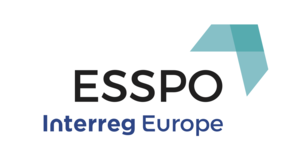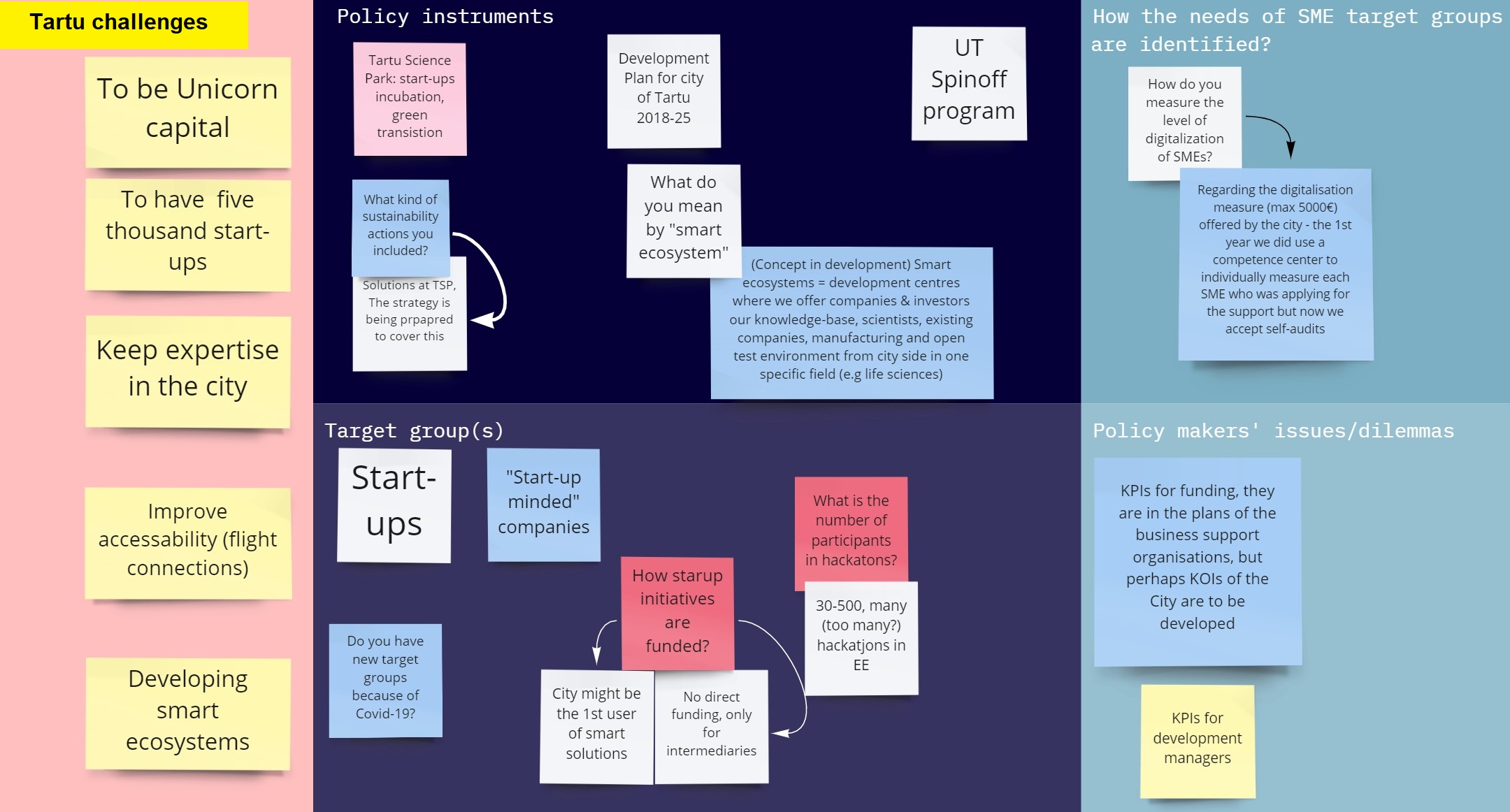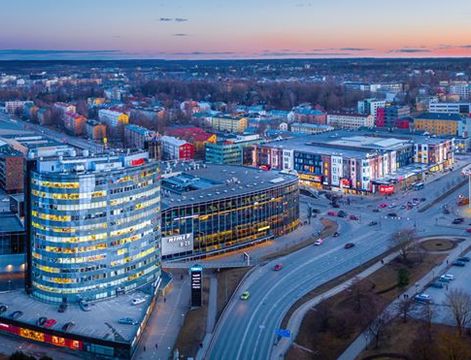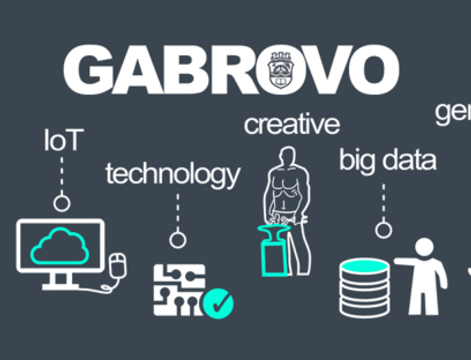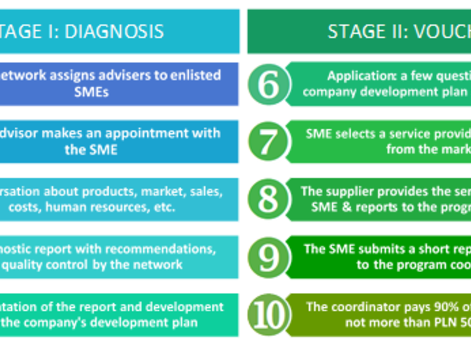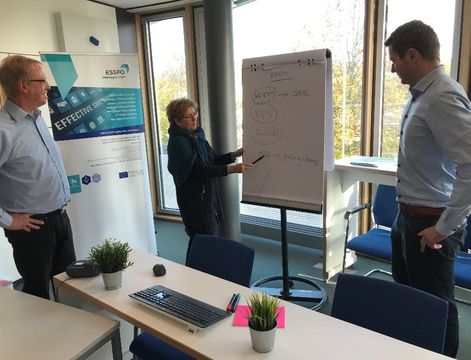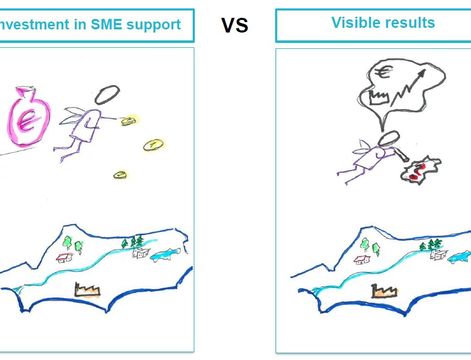Bulgarian ladies didn’t let a little snow to scare them and with a little delay jumped right into action visiting within the first day local startup community houses and co-working spaces at Startup Hub and SPARK House, discussing future technology trends with CEO and Founder of best South-Estonian company in 2016 - Mooncascade, having a lengthy meeting with Tartu City Government Entrepreneurship department and finishing the day off with a nice chat with University of Tartu Entrepreneurship and Innovation Centre unit Idealab head Maret Ahonen.
Second day of the visit was no easier. Observation and analytical skills of visitors were tested by Board Members of Tartu Business Advisory Services, Tartu Science Park and Tartu Creative Industries Centre. Potential cooperation opportunities were discovered during meeting with Smart City Lab cluster representative – it came out during discussion that one cluster company dealing with intelligent lighting systems and a customer company of ARC Fund from similar field are attending both Smart City Expo 2016 in Barcelona in middle of November.
The meeting was wrapped up in Spark Demo (pictured below), a newly established showroom for South-Estonian companies to foster cooperation between private and public sector and also between startups and “classical” industries such as forestry, metal working and food sector.
First observations about economic landscape in Tartu and how strongly it is tied in reality to local and national policies were discussed and considered. Common conclusion was that there is a lot of activities and serious networking going on in Tartu, energy level is really high and there is much to learn and bring to other regions of Europe. How to improve? There are also opportunities for that, City Government could get more out of this booming situation if it manages to channel the energy in a meaningful manner for long term goals and tie it to objectives written in Development Plan. Also with many activities and attention on startups, more mature and often bigger and more capable companies should not be forgotten. How to make a smooth transition from startup phase to strong innovative “regular” companies could determine how well Tartu will handle future winters.

